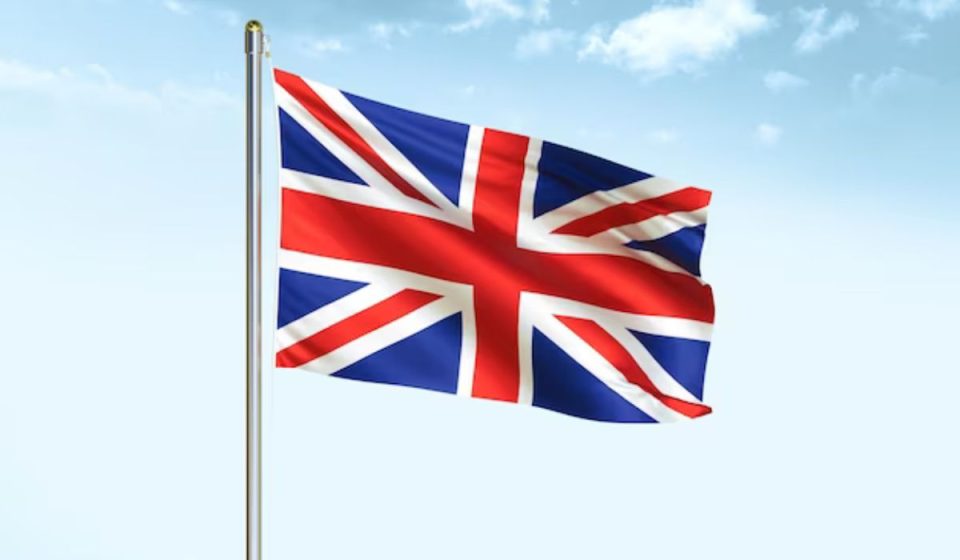The UK economy grew faster than expected in May, providing momentum for Prime Minister Keir Starmer’s new government but raising doubts about whether the Bank of England will cut interest rates next month.
The Office for National Statistics reported that economic output increased by 0.4% in May after a 0.2% rise in April. This may discourage the Bank of England from cutting interest rates as soon as August 1, its next scheduled monetary policy announcement date.
Three policymakers have emphasised the strength of domestic price pressures, and the likelihood of a rate cut in three weeks has fallen below 50% in future markets.
May saw a broad-based increase in economic output, with growth in the services, manufacturing, and construction industries. The latter was particularly driven by a 1.9% growth in the construction industry due to house-building.
These figures provide an early boost for the new Labour administration, which aims to achieve the fastest growth among the Group of Seven advanced economies on a sustained basis.
For now, the UK economy has shown significant growth, with output growing by 1.5% since the beginning of the year. This marks its best five months since early 2017, excluding the rebound from the COVID-19 pandemic.
Goldman Sachs has revised its growth forecast for 2024 to 1.2% from 1.1%. However, the longer-term picture remains weak, with the economy only 2.7% larger than its pre-pandemic level of late 2019.
According to the latest quarterly data, only Germany has fared worse since the pandemic. Economic indicators show where the UK stands after 14 years of Conservative Party rule. The economy expanded by 0.9% over the three months to May, the strongest reading since the three months to January 2022, compared with the consensus forecast for a 0.7% expansion.
The Bank of England had previously expected the economy to grow by 0.5% over the second quarter—a figure that now looks likely to prove too low.
Separate data from the Office for National Statistics (ONS) showed that Britain’s overall trade deficit, excluding precious metals, narrowed to 3.2 billion pounds (USD 4.1 billion) in May from 4.7 billion pounds in April.
However, goods exported to the European Union fell to their lowest since January 2022, when Brexit customs checks were introduced, consistent with levels seen during the late 1990s.
UK’s PM Starmer has expressed his intent to reduce trade frictions with the EU but will not agree to join the bloc’s single market.
The future of investing is here!
Unicorn Signals leverages advanced AI technology to provide you with powerful market predictions and actionable stock scans. Download the app today and 10x your trading & investing journey!







